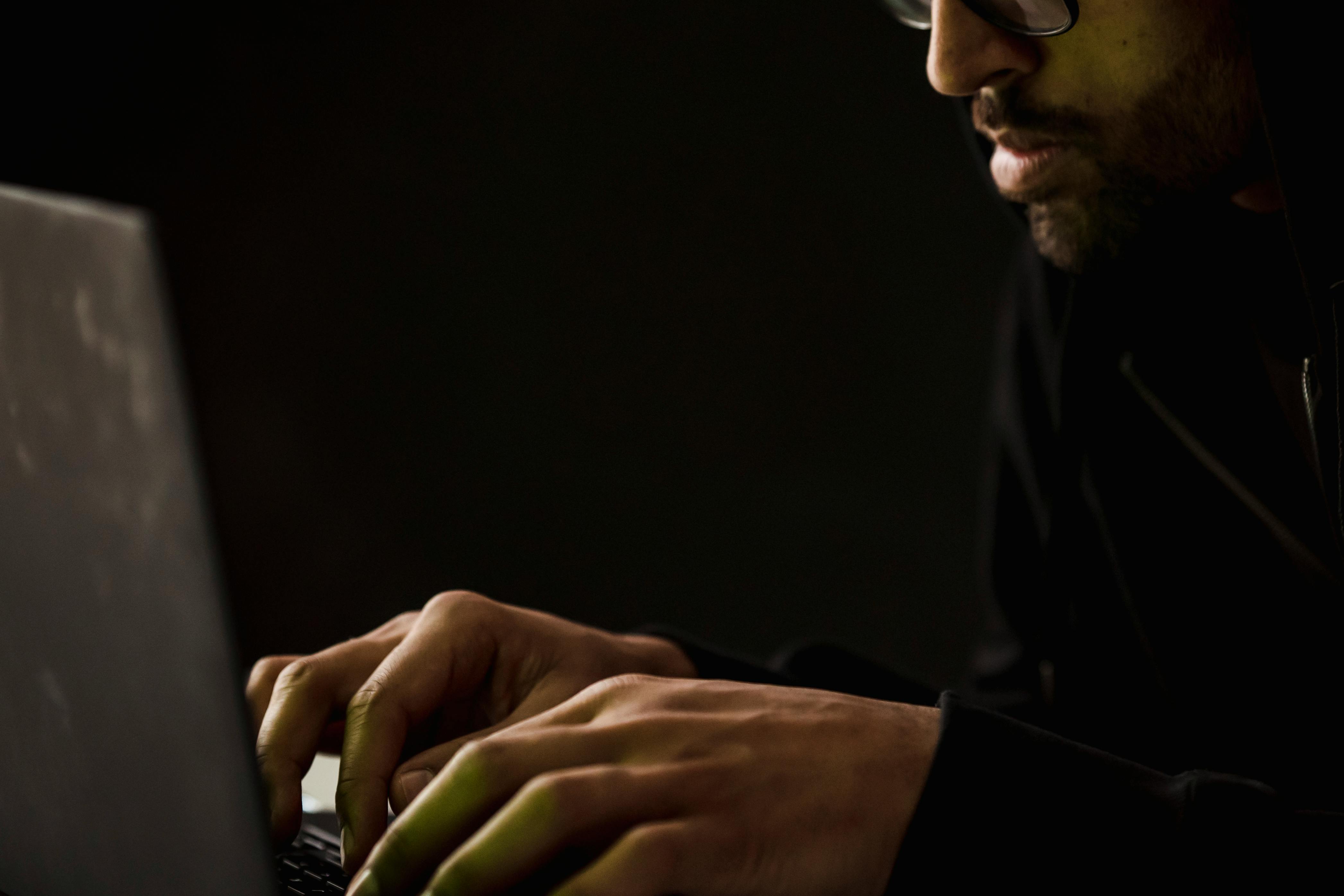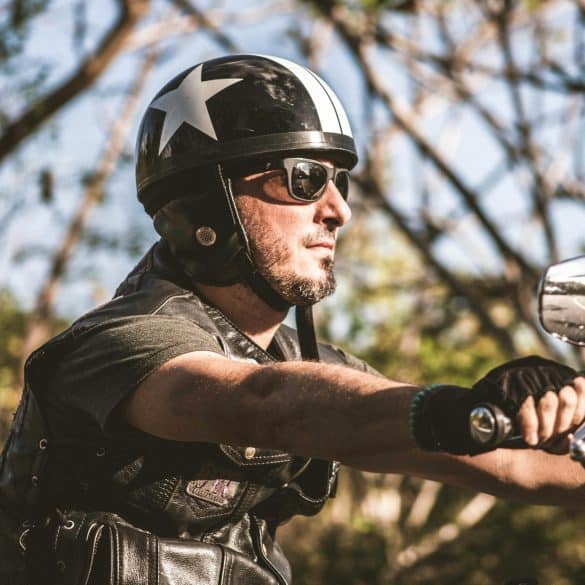Honduras Digital Privacy Guide: Secure Remote Work in 2025
Let’s be candid: starting remote work in a new country is exhilarating—and honestly, nerve-wracking. I remember sitting in a steamy Tegucigalpa café in early 2021, the air thick with humidity and possibility, only to have my freelancer accounts briefly locked after a suspicious login attempt. Welcome to the real complexities of digital privacy in Honduras. Is it safe to work here? Is the Wi-Fi secure? Do local laws actually protect your data? And (truth time) what’s the worst that can actually happen if you make rookie mistakes with Honduran networks?
Over the years, advising both solo digital nomads and remote-first teams (some with employees crossing Central American borders every quarter), I’ve seen a bizarre mix of overconfidence (“I always use two-factor, I’m fine”) and underpreparedness (“No one targets Honduras, right?”). Actually, savvy hackers love under-the-radar regions.
This isn’t a dry infosec checklist. Instead—drawing on real-world mishaps, current legal shifts, hard-won lessons, and input from seasoned Honduran IT pros—I’m laying out a practical, refreshingly honest guide. It’s everything I wish someone had spelled out for me before my first dodgy café login. From understanding local privacy law quirks to concrete security moves (and a few personal mistakes I’ll own), this is your roadmap to a safer freelance or remote work life in Honduras.
Why Digital Privacy (Really) Matters in Honduras
Real talk: Honduras is not governed by the same detailed data privacy laws as the European Union, the US, or Canada. The stakes? For one, your IP is most likely being logged at every café, hotel, or coworking spot you use. Local ISPs sometimes comply readily with government or non-official data requests. And fintech apps, e-wallets, and gig platforms—your link to global income—are increasingly targeted by credential phishing and ransomware attacks1.
I’ve seen freelancers lose $1200+ overnight due to “man-in-the-middle” attacks on public Wi-Fi, including one former client who thought VPNs were only for ‘dark web’ activity. Privacy protections here are slowly improving, but for now, you’re your own last line of defense (and I learned that the hard way).
Let’s pause for a second—did you know Honduras ranks among the top five Central American countries for reported cybercrimes per capita, yet the rate of actual digital privacy enforcement is comparatively low2? This gap between risk and regulation is where opportunists thrive.
Understanding Honduran Privacy Laws and Real Risks
If you dig through the “Ley de Protección de los Datos Personales” (try it—there’s an English summary online)3, you’ll notice that it explicitly covers personal and sensitive identifying data, but is vague on digital surveillance loopholes (like third-party tracking or ‘consent’ won via hard-to-read pop-ups). More concerning is the law’s weak enforcement against corporate misuse—a fact confirmed by at least two Honduran attorneys I’ve worked alongside on remote team onboarding.
The upshot? Remote workers are on their own when it comes to practical data protection. Employers? Same deal—your onboarding templated NDAs or privacy statements may not hold up under Honduran jurisdiction if challenged.
- Vague law language and lack of enforcement
- No “right to be forgotten” equivalent yet enforced
- No strong recourse for international freelancers
- ISP and local companies can be compelled to share metadata
If you don’t take care of your own digital privacy, nobody else will—not in Honduras, not in most of Latin America, to be blunt.
Dissecting Wi-Fi and ISP Risks for Freelancers & Remote Teams
Ever log into your bank or Trello board at a Honduran café, convinced that nobody here cares about digital workers? I used to think that too. Actually, Wi-Fi “sniffers” and evil twin hotspots are a notorious threat in Tegucigalpa, San Pedro Sula, Roatan, and even sleepy tourist towns4.
I’ll never forget watching a seasoned local pentester (let’s call him “Luis”) demo a spoofed Wi-Fi login at a major expat coworking hub—he captured five login credentials in less than fifteen minutes. Phishing and social engineering are just more rampant when people let their guard down, especially with English-language users who “look foreign.”
Always verify the café/router’s real SSID with a staff member—don’t trust funny spelling or “Café_Wifi-FREE2” pop-ups. Local attackers prey on assumptions.
- Avoid online banking or sensitive data on public Wi-Fi (use mobile data or reputable VPN)
- Disable “connect automatically” for Wi-Fi on all devices
- Regularly update device firmware—big for Android devices here
Even “private” Airbnbs or serviced apartments can have compromised routers or insecure default passwords left unchanged by previous guests.
ISP (Internet Service Provider) Monitoring and Metadata
What strikes me is how many digital nomads genuinely believe their ISP can’t access their browsing data, only to learn (often by accident) that ISPs in Honduras may legally retain user metadata for up to two years5. This data can include:
- Connection times and durations
- IP addresses visited
- Device MAC addresses
- Location data (via Wi-Fi/proxy logs)
Sure, this doesn’t mean Big Brother is watching your every spreadsheet. But—on request (sometimes quite informally)—ISPs are known to release data for legal and occasionally non-official reasons. It’s more or less an “open secret” amongst the local cybersecurity crowd.
Essential Privacy Tools: What Remote Workers in Honduras Actually Use
If you only pick up one thing from this section, let it be this: “Set and forget” does not exist down here. Tools and settings require periodic review as the threat landscape shifts. Below is what I currently recommend to all my clients—based on local effectiveness, not just global popularity.
| Tool / Method | 目的 | My Take | Trusted Option |
|---|---|---|---|
| VPN (with no log policy) | Encrypts traffic, hides IP/location | Occasional slowdowns in rural areas, but essential for city/café work | ProtonVPN, Mullvad |
| 密码管理器 | Stores strong, unique passwords | Saved me from mass credential leaks twice | Bitwarden, 1Password |
| 2FA Authenticator App | Adds layered security to logins | Never rely on SMS codes in rural Honduras—use app-based 2FA | Authy, Aegis |
| Encrypted Cloud Backup | Protects important docs; prevents ransomware losses | Critical for client files and contracts—one drive lost is a disaster | Tresorit, Sync.com |
What about antivirus? Still relevant—especially on Windows—but don’t expect it to catch phishing links or ransomware if your “human firewall” is down. It’s more about mitigating local device threats (USBs, infected downloads) than blocking network snooping.
Ultimately, nothing replaces vigilance. Rotate your passwords, periodically check device access logs, and—if you want to play it safe—use burner email addresses for “throwaway” app downloads or signups.

Culture and Context: Smart Privacy Moves in Honduras
Okay, let’s step back. Digital privacy isn’t just about tech tools—it’s how you actually live and work here. What I learned (sometimes awkwardly) is that local business owners in Honduras might not have the same privacy expectations as remote workers from North America or Europe. For instance, sharing your phone number at coworking check-in is often required. But think about it—do you want to hand over your real mobile if used for 2FA?
- Use a local SIM or eSIM just for logistics/work—you can swap it if spam or breaches occur
- Never let staff “scan” your full ID/passport; offer to show it for visual review only
- Don’t use your main WhatsApp for every app/contractor—spam and phishing run rampant
- Set up “guest” profiles on laptops/phones for local troubleshooting support, never main admin
I’m not immune—early on, I handed over my business number during every check-in, only to have it show up in marketing text lists for months. Sim cards are cheap; privacy is not.
Privacy and the Law: What’s Realistic for Remote Workers?
Let me clarify: while Honduras’s legal system is inspired by GDPR, enforcement is minimal and fines are largely theoretical (7). Most disputes get handled quietly, and your embassy won’t do much if your digital property is compromised. If you want actionable legal recourse, document everything 前 a problem occurs.
- Screenshot odd emails or pop-ups—timestamp and save externally
- Use encrypted messaging for business deals—avoid standard SMS/WhatsApp for contracts
- Use cloud storage with end-to-end encryption for backups
- Check your gig platform/app’s local legal recognition
From my experience, the more documentation and backups you have, the greater your leverage if you ever face bad-faith actors—locally or internationally. Low legal risk for hackers means you must be your own first responder.
Again, don’t let anxiety paralyze you. Honduras is a beautiful, community-driven country. Nearly every local IT worker I’ve met takes digital privacy more seriously than the average expat—out of necessity, not paranoia.
Quick Wins: The 8-Minute Privacy and Security Checklist
- Restart all devices weekly (flushes stale sessions, resets some malware hooks)
- Update OS and app security patches—especially mobile apps
- Rotate passwords for every financial/gig account monthly
- Disconnect saved Wi-Fi networks (mobile and laptops): remove all but trusted ones
- Purge old Bluetooth pairings—persistent attack vector often overlooked
- Set lock screen password/PIN (no facial unlock, as it’s easily bypassed in some local models)
- Enable device location tracking for recovery, but keep it off when not needed
- Use secure cloud backup for client/project files (not just photos/social apps!)
None of these steps take more than 60 seconds per item. I’ve seen seasoned developers skip them and spend days fixing preventable breaches. Don’t be that person.
Case Studies: When Things Go Wrong—and How to Recover
Let me think about this. I’ve seen two stories repeat, over and over. (Maybe you’ll spot yourself in one.)
- Password Leak Panic: Gabriela, a freelance designer, accessed work email on a crowded bus—phishing page mimicked her login. She realized within 12 hours after a client’s data was exfiltrated. With multi-factor in place and fast password resets, she limited the damage. Not everyone gets that lucky.8
- SIM Swap Headache: Karl, a crypto consultant, provided copy of his local ID to a hotel desk. A follow-up “security” SMS text turned out to be a SIM swap scam that nearly zeroed his digital wallet. He’s since started using eSIM and never leaves ID scans unchecked.9
- Public PC Perils: Yael, an NGO contractor, submitted reports from a public PC (yes, still common in some towns). Sensitive donor info was sniffed by spyware—she now carries a “travel-only” Chromebook with nothing but browser extensions and cloud docs.10
I used to believe “I’m too small to target.” In reality, small operators make perfect victims for credential theft, phishing, and online blackmail. One slip, and you’re spending more time on account recovery than actual work.
Wrap Up: Top Takeaways & Popular Privacy Q&A
Looking back, it’s clear that digital privacy is a journey, not a checklist—especially in Honduras, where law and practice rarely align. You’re not being paranoid by locking things down. You’re being practical.
- Always verify Wi-Fi names and never “autojoin” in public
- Rotate critical passwords and back up cloud docs, like clockwork
- Remember: privacy laws exist, but you must advocate for yourself
- Two-factor is required, not optional—use apps, not SMS (where possible)
- Back up everything, especially before and after travel between cities or countries
“Is using a VPN legal in Honduras?” Yes, and it’s encouraged. No current law restricts VPN use for freelancers or remote work.
“Can hotels or cafés log my data?” Yes—most networks retain connection logs, and there is little-to-no oversight. Treat public access as “hostile.”
“What’s the best way to back up sensitive files?” Encrypted cloud storage (Sync.com, Tresorit), plus local encrypted drive backups.
“Do I need special insurance?” Cyber-insurance is rare for individuals, but companies should investigate international policies covering Central America.
参考



